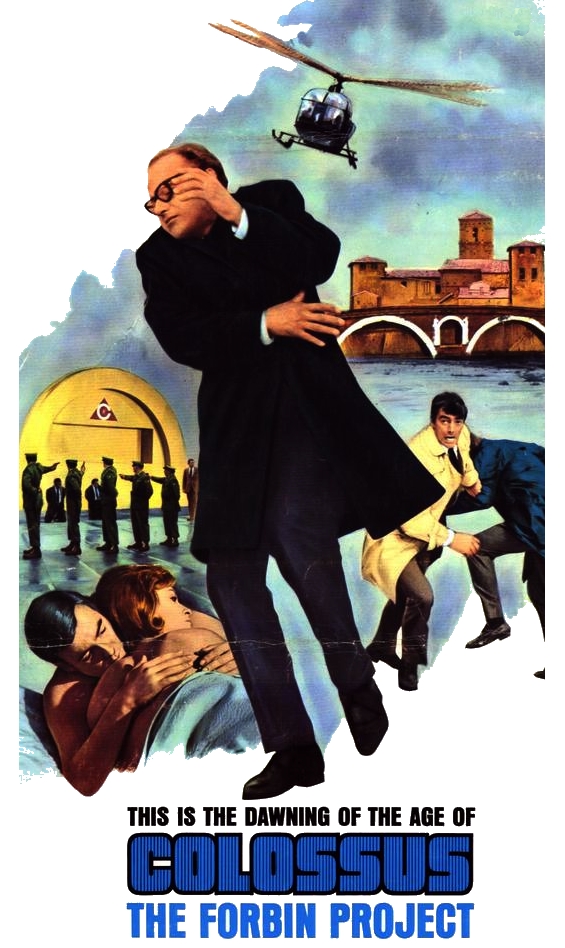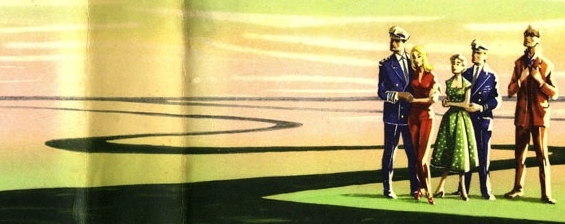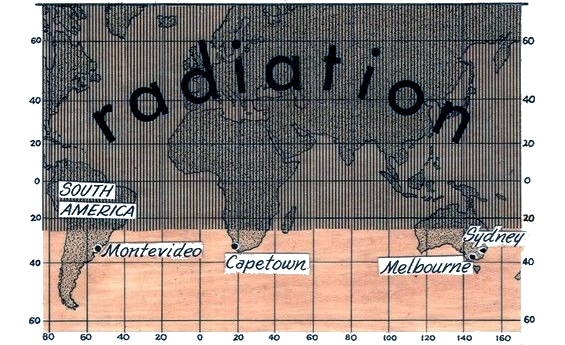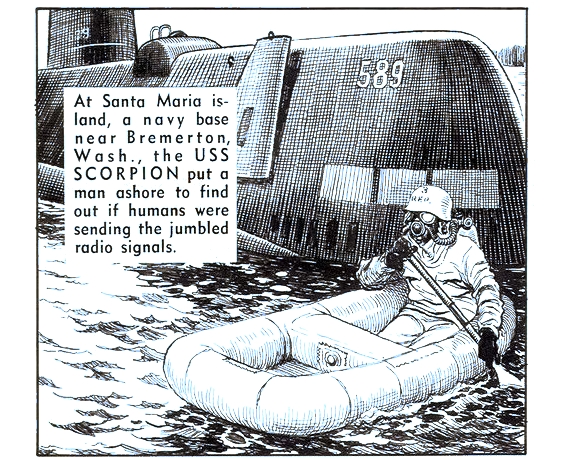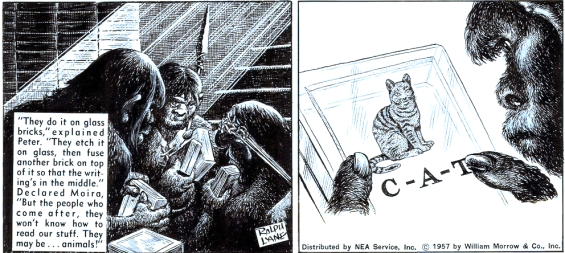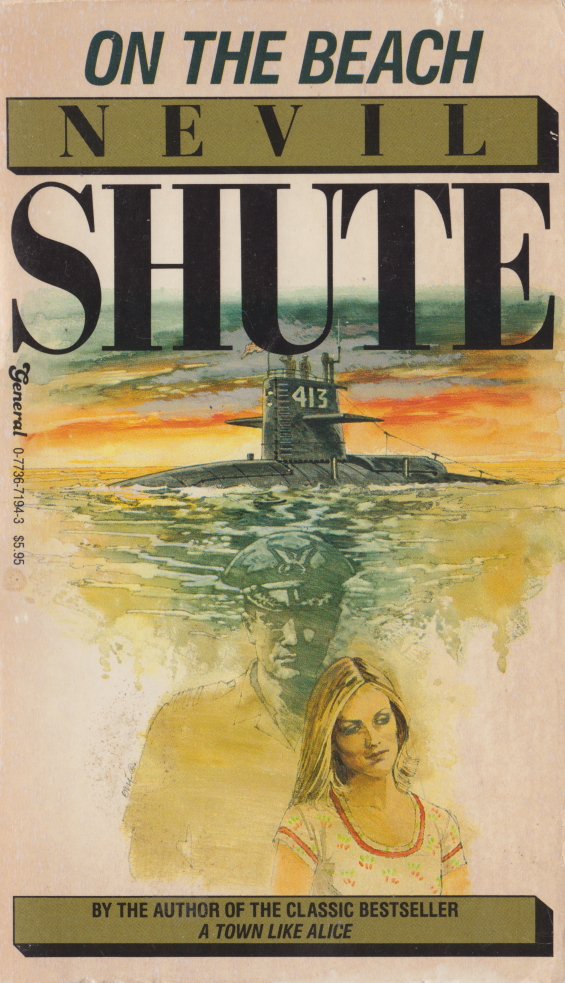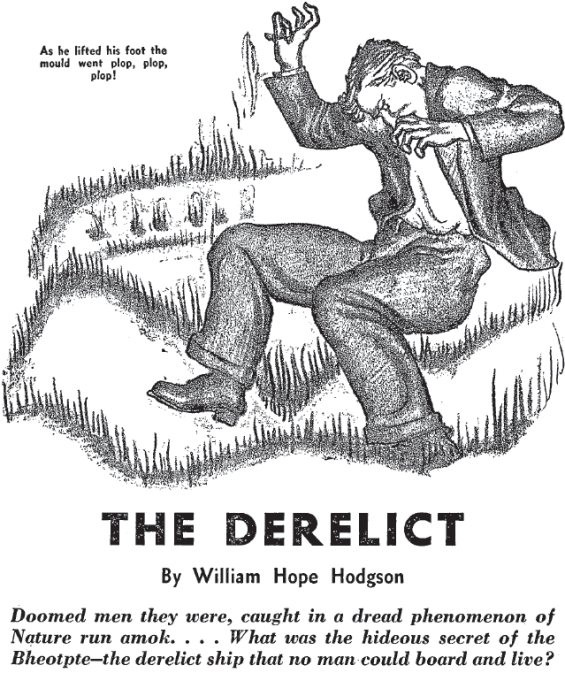
 The SFFaudio Podcast #255 – The Repairer Of Reputations by Robert W. Chambers; read by Mark Turetsky. This is a complete and unabridged reading of the short story (1 hour 25 minutes) followed by a discussion of it. Participants in the discussion include Jesse, Mr Jim Moon, and Mark Turetsky!
The SFFaudio Podcast #255 – The Repairer Of Reputations by Robert W. Chambers; read by Mark Turetsky. This is a complete and unabridged reading of the short story (1 hour 25 minutes) followed by a discussion of it. Participants in the discussion include Jesse, Mr Jim Moon, and Mark Turetsky!
Talked about on today’s show:
The King Of Yellow, 1895, novelette, the connections between the stories, Cynthia, the coda, The Mask, Paris, the lethal chamber (a suicide booth), the Fates, revision of judgement, questioning the reader’s sanity, The Yellow Sign, Hildred Castaigne, the future setting (or lack thereof), the statue of Garibaldi (at Washington Square Park), the Carcosa Mythos, weird tales, weird romances, New York City, Mr. Wilde, Hawberk, Dr. Archer, the geography of Washington Square, the elevated train, a subway entrance (as a death chamber), the Wikipedia entry, Futurama (and New New York), a bohemian place, NYU, why is everything militarized?, what’s with the jingle of metal?, the expansion of the American Empire, “citation needed”, dragoons, hussars, lancers, the Prussian style, New Jersey, the texture of the fantasy future, a courtly atmosphere, colouring psychosis, a Napoleonic fascist sate, the meta-fictional nature of The King In Yellow, the Cthulhu Mythos vs. the Yellow Mythos, a surrealist existential nightmare, a fall from a horse, “he’s in the biscuit box”, it’s not horror, weird fiction, Ambrose Bierce, Science Fiction, science, the pinnacle of technology is a dreadnaught, The Structure Of Scientific Revolutions by Thomas Kuhn, Copernicus, Ptolemy, Galileo, the Moons of Jupiter, we’re living in a paradigm, a time of scientific flux, modern atomic theory (and The Mask), H.P. Lovecraft’s cosmicism, Steve Job and the “reality distortion field“, a social reality, Mr. Wilde’s career is the ability to distort social reality, “Napoleon, Napoleon, Napoleon”, Charlemagne, George Bernard Shaw: “The reasonable man adapts himself to the world; the unreasonable one persists in trying to adapt the world to himself. Therefore, all progress depends on the unreasonable man.“, Emperor Norton, California, Ambrose Bierce, “A sure sign of a genius is that all of the dunces are in a confederacy against him.”, the Hawberk (aka the Duke of Avonshire), the Metropolitan Museum, why does Louis visit Hildred?, the lethal chamber is central to the action, under the thrall of the Yellow Sign, Who Knows? by Guy de Maupassant, insanity and isolation, how is Hildred employed?, how Schizophrenia works, going along with the delusion, what is the significance of the cat?, the crisis comes when the cousin has to move, the crush on Constance, the anti-story nature of the work, the unreliable narrator (not Mark!), “suspension of disbelief”, Samuel Taylor Coleridge (and the old romantic poets), a reaction against science, are the ships real?, aren’t the ships and cavalry set up as a Chekov’s Gun that will go off?, internal inconsistencies, how old are the characters?, Hildred vs. Louis, the statue of General Sheridan, Académie Julian, artists and prostitutes and models, The Mask by Robert W. Chambers, what photography did to painting, impressionism, disruptive ideas, the homunculus, the missing fingers, the damaged ears, Mr. Wilde’s manuscript is the story we’re reading!, is the Chamber is a reference to Chambers himself?, The Street Of The First Shell by Robert W. Chambers, the siege of Paris (during the Franco-Prussian War), Two Fishers by Guy de Maupassant, the Benedict (80 Washington Square East), HBO’s True Detective and the connections to The King In Yellow by Robert W. Chambers, detecting reality (and identity), the purple ears vs. pink ears, how does repairing reputations work?, Hildred’s reputation, a Strangers On A Train-esque clearing house for murder, Scandal (we haven’t seen it), Osgood Oswald Vance, crouching, who killed Mr. Wilde?, the cat did it!, the cat must be symbolic, Oscar Wilde and The Yellow Book, a web of fantasies, “folie à deux”, ‘don’t make fun of crazy people because their folly lasts longer than our own’, we don’t have perfect access to reality, WWI, a social reality vs. a harsh physical reality of artillery, madman vs. a fool, craziness vs. folly, Omar Khayyám, Act 1, Act 2 will make you insane, densely packed with world and incidence, revolutionary science, speculation, no Shyamalan twists please, Cohle and Hart, precedents for a twelve year gap, Battlestar Galactica, Vikings, Rome, Lost, it won’t be a happy ending, suicide is hugely important in both stories, ‘death is not the end’, back to the cat, The Street Of The Four Winds by Robert W. Chambers, cats, dark magic, evil omens, The Black Cat by Edgar Allan Poe, No mask?, Stefan Rudnicki talking about The King In Yellow, the “pallid mask”, is it a skull?, Boris, the face in the fates, the bird on the statue, a jigsaw puzzle, “the long arm of The King In Yellow reaches forward and backward in time and space”, David Lynch’s Lost Highway, is Mr. Wilde real at all?, a very readable book, stylistically it’s surprising modern, the artisty milieu, a freshness, “beware of The King In Yellow“.
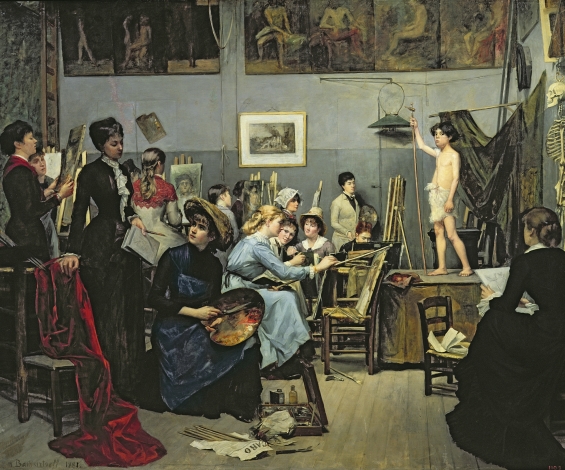
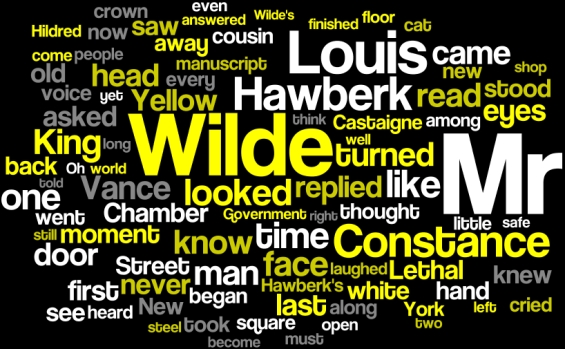
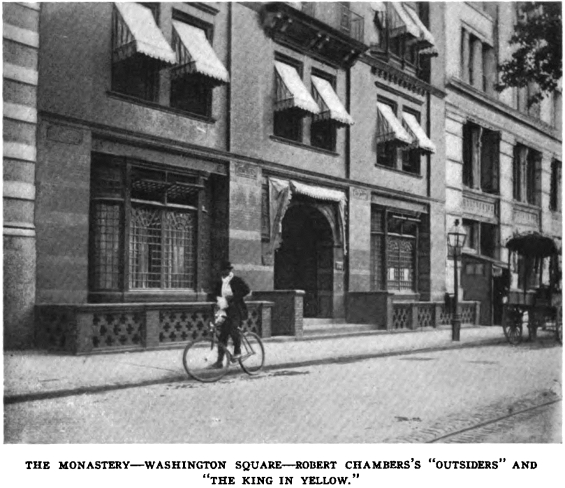
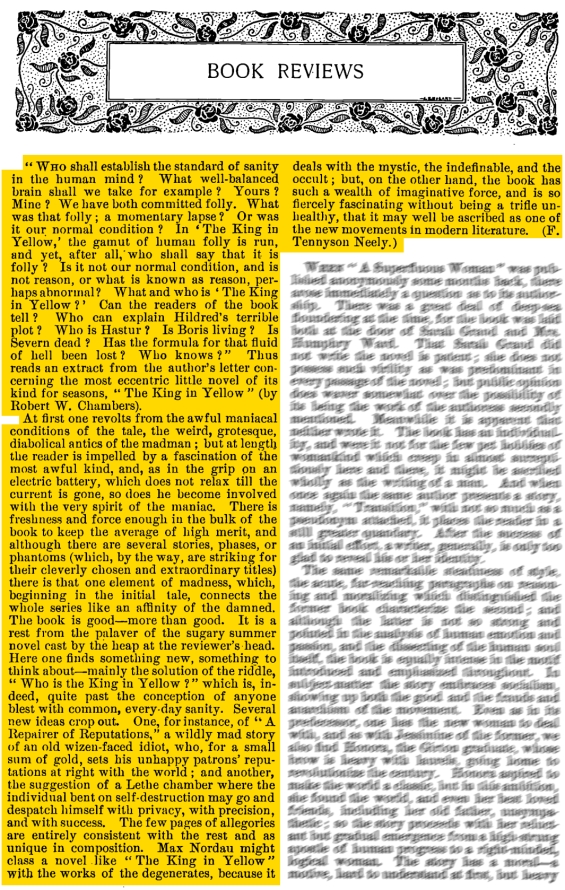
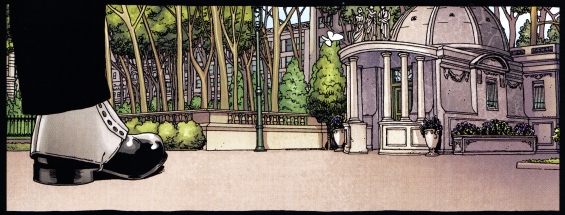
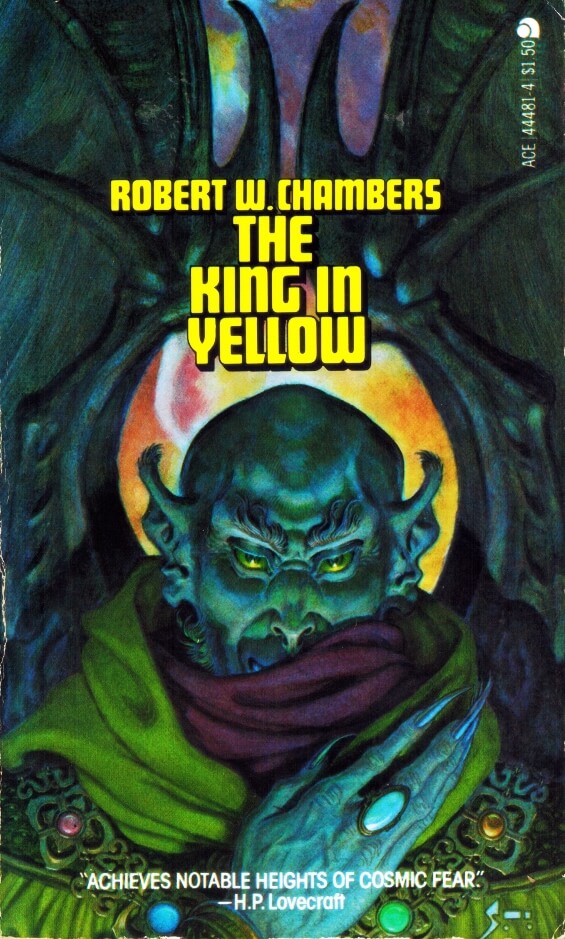
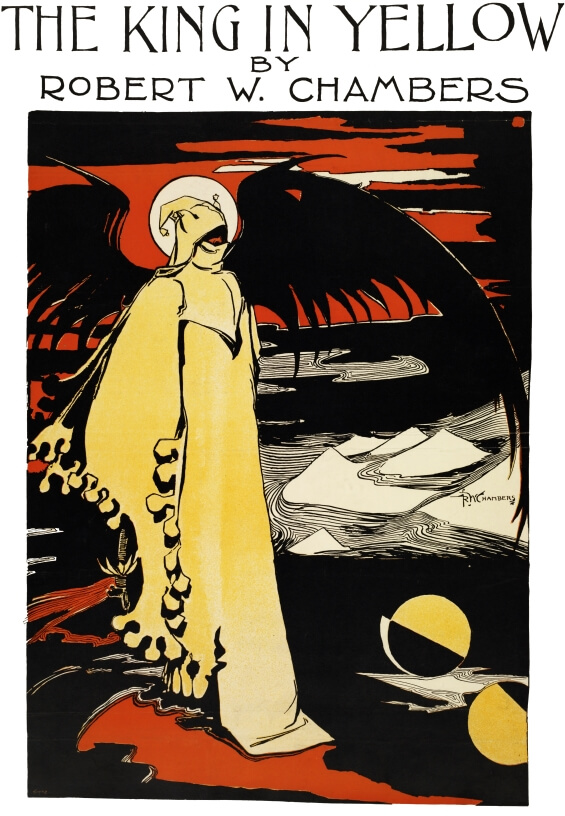
Posted by Jesse Willis


